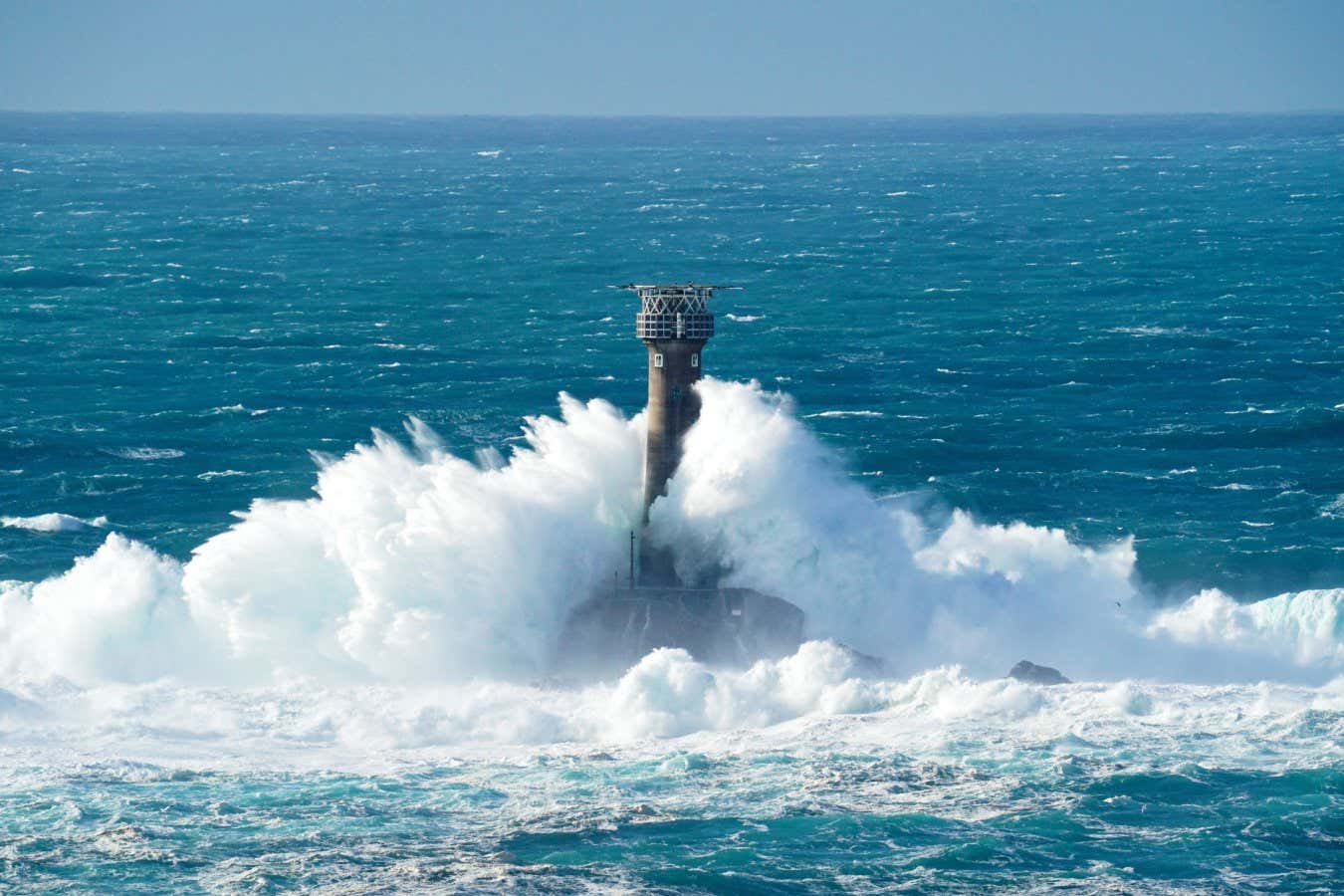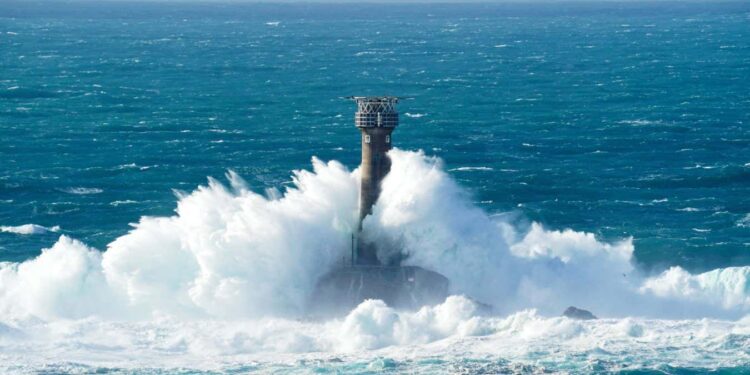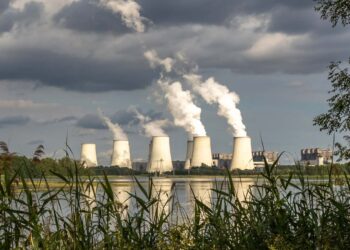
Rising seas will threaten many coastal cities
Hugh R Hastings/Getty Images
Limiting global warming to 1.5°C above the pre-industrial baseline won’t be enough to stop sea levels from rising by several metres over the coming centuries, according to a review of all the latest evidence.
“I think sometimes there’s a misunderstanding that 1.5°C will mean all our problems go away,” says Chris Stokes at Durham University in the UK. “It should absolutely be our target, but in no sense will it slow or stop sea level rise from melting ice sheets.”
The world is currently on course for roughly 2.9°C of warming by 2100. That would lead to the loss of both the Greenland and West Antarctic ice sheets, says Jonathan Bamber at the University of Bristol in the UK. “So if we’re talking about long-term commitments, that’s in excess of 12 metres of sea level rise,” says Bamber.
Stokes, Bamber and their colleagues have reviewed three lines of evidence: satellite observations of ice loss and sea level rise over the past three decades, studies of warm periods in the past and computer models of ice sheets.
Early computer models, which didn’t include many key processes, suggested that ice sheets would take a long time to respond to warming, says Bamber. In fact, the satellite observations show that the Greenland and West Antarctic ice sheets are responding rapidly.
“The observations show a very different picture,” says Bamber. “Some of the mass loss we’ve seen in Greenland has been really quite staggering, really unprecedented in comparison to what the models had predicted.”
Not only are Greenland and West Antarctica already losing ice, the trend is accelerating, says Stokes. “And all of this is happening at just 1.2 degrees of warming,” he says. “So the idea that 1.5 is going to somehow fix this problem is misleading.”
Studies of previous warm spells during the past 3 million years show that the sea level was many metres higher during these periods, says Stokes.
The last report by the Intergovernmental Panel on Climate Change (IPCC), published in 2021, predicted 1 to 2 metres of sea level rise over many centuries if the rise in temperature was limited to 1.5°C, says Stokes.
“We’re bringing that forward,” he says. “It’s very clear now that, actually, we’re starting to see some of those worst-case scenarios play out almost in front of us in terms of the satellite record of mass balance.”
To merely slow sea level rise from the melting ice sheets to a manageable level, the average global temperature needs to be reduced to around 1°C above the pre-industrial baseline, the team estimates.
While higher-income countries can defend their coasts against rising sea levels, it will get harder and more expensive as the seas keep rising, says Bamber. “And then, of course, there’ll be some countries that just haven’t got that money.”
This is why taking action is so important, says Stokes. “Every fraction of a degree really matters for ice sheets,” he says. “Yes, tipping points and thresholds might exist, but I think sometimes they can distract from the basic knowledge that actually every fraction of a degree really matters.”
Topics:
Source link : https://www.newscientist.com/article/2480666-sea-level-will-rise-fast-even-if-we-limit-global-warming-to-1-5c/?utm_campaign=RSS%7CNSNS&utm_source=NSNS&utm_medium=RSS&utm_content=home
Author :
Publish date : 2025-05-20 10:00:00
Copyright for syndicated content belongs to the linked Source.














